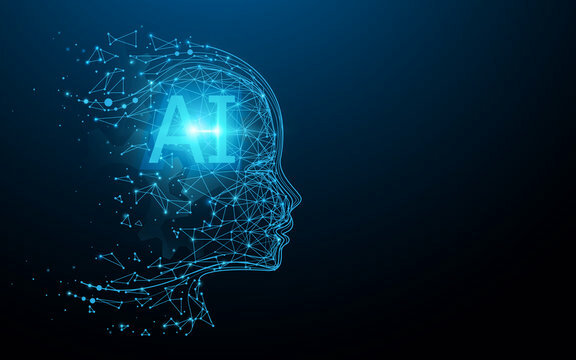Notifications
ALL BUSINESS
COMIDA
DIRECTORIES
ENTERTAINMENT
FINER THINGS
HEALTH
MARKETPLACE
MEMBER's ONLY
MONEY MATTER$
MOTIVATIONAL
NEWS & WEATHER
TECHNOLOGIA
TV NETWORKS
VIDEOS
VOTE USA 2026/2028
INVESTOR RELATIONS
COMING 2026 / 2027
ALL BUSINESS
COMIDA
DIRECTORIES
ENTERTAINMENT
FINER THINGS
HEALTH
MARKETPLACE
MEMBER's ONLY
MONEY MATTER$
MOTIVATIONAL
NEWS & WEATHER
TECHNOLOGIA
TV NETWORKS
VIDEOS
VOTE USA 2026/2028
INVESTOR RELATIONS
COMING 2026 / 2027
Posted by - digital muse -
on - August 28, 2024 -
Filed in - Technology -
3.2K Views - 0 Comments - 0 Likes - 0 Reviews

In the ever-evolving landscape of technology, AI app development services have emerged as a game-changer, driving innovation and redefining user experiences. As businesses and individuals increasingly seek to harness the power of artificial intelligence (AI), the demand for specialized app development services has surged. This trend is reshaping industries, creating new opportunities, and setting the stage for a future where intelligent applications become integral to daily life.
AI app development services encompass a broad range of offerings that integrate artificial intelligence into applications. These services include the design, development, and deployment of apps that utilize AI technologies such as machine learning, natural language processing, and computer vision. By leveraging these advanced technologies, developers can create applications that can learn from data, understand user interactions, and make informed decisions in real-time.
Enhanced User Experiences: AI-driven applications can provide highly personalized experiences. For example, recommendation systems in e-commerce apps analyze user behavior to suggest products tailored to individual preferences. This level of personalization not only improves user satisfaction but also boosts engagement and retention.
Increased Efficiency: AI apps can automate routine tasks, streamline processes, and optimize operations. From chatbots that handle customer service inquiries to predictive analytics that forecast business trends, AI applications help organizations operate more efficiently and make data-driven decisions.
Innovation Across Industries: AI app development services are not limited to a single sector. Healthcare apps use AI for diagnostic assistance, while financial services leverage AI for fraud detection and risk management. The versatility of AI technologies enables developers to create solutions that address specific needs across various industries.
Scalability and Adaptability: AI apps are designed to evolve with changing data and user interactions. This adaptability ensures that applications remain relevant and continue to deliver value as user needs and market conditions shift.
Integration of Generative AI: Generative AI models, such as OpenAI's GPT, are making waves in app development. These models can generate human-like text, create art, and even compose music, opening new avenues for creativity and functionality in applications.
Focus on Privacy and Security: As AI apps become more prevalent, ensuring the privacy and security of user data is paramount. Developers are increasingly implementing robust encryption and data protection measures to address these concerns and build user trust.
Rise of Edge AI: Edge AI involves processing data on local devices rather than in centralized data centers. This approach reduces latency and enhances the performance of AI applications, making it ideal for real-time applications in areas like autonomous vehicles and smart devices.
Collaborative AI Development: The development of AI apps is increasingly becoming a collaborative effort. Companies are partnering with AI research institutions, technology providers, and industry experts to create innovative solutions and stay ahead in the competitive landscape.
As AI technology continues to advance, the scope of AI app development services is expected to expand even further. Emerging technologies such as quantum computing and advanced neural networks may introduce new capabilities and drive further innovation. Businesses and developers who stay abreast of these developments will be well-positioned to leverage the transformative potential of AI.
In conclusion, AI app development services are at the forefront of technological advancement, offering unparalleled opportunities for enhancing user experiences, increasing efficiency, and driving innovation. As the field continues to evolve, its impact on various industries will likely be profound, shaping the future of technology and creating a world where intelligent applications play a central role in everyday life.
